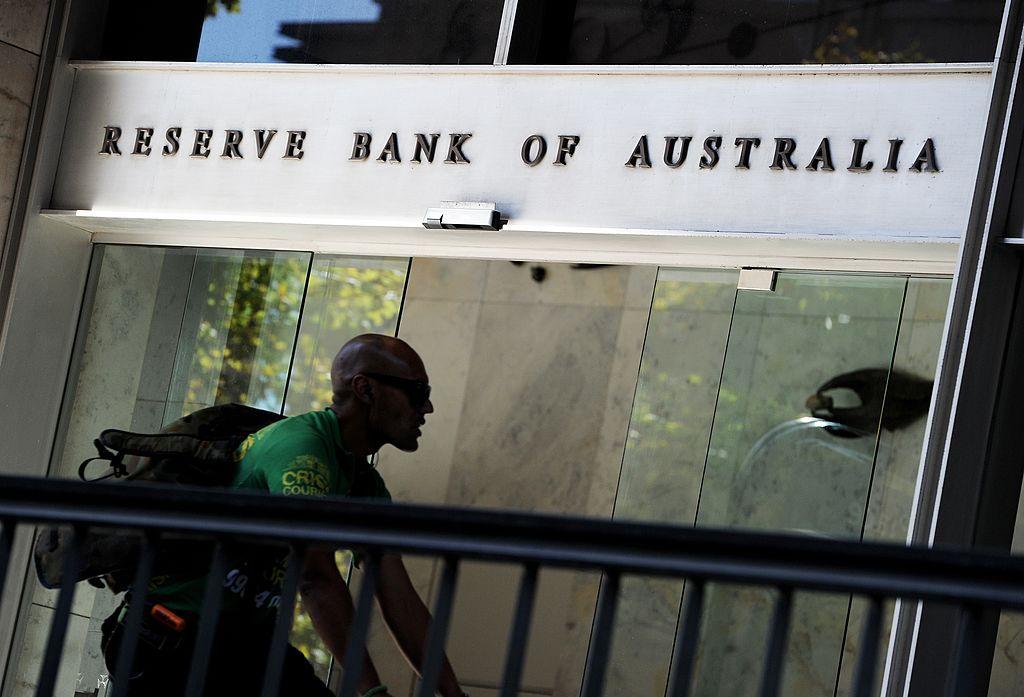Australian borrowers are clearly under pressure but few are at risk of defaulting on their mortgages, the Reserve Bank of Australia (RBA) said.
Andrea Brischetto, head of the RBA’s financial stability department, said less than two percent of variable-rate owner-occupier borrowers were at “real risk” of not having enough income and savings to meet basic expenses or defaulting on mortgage payments.





